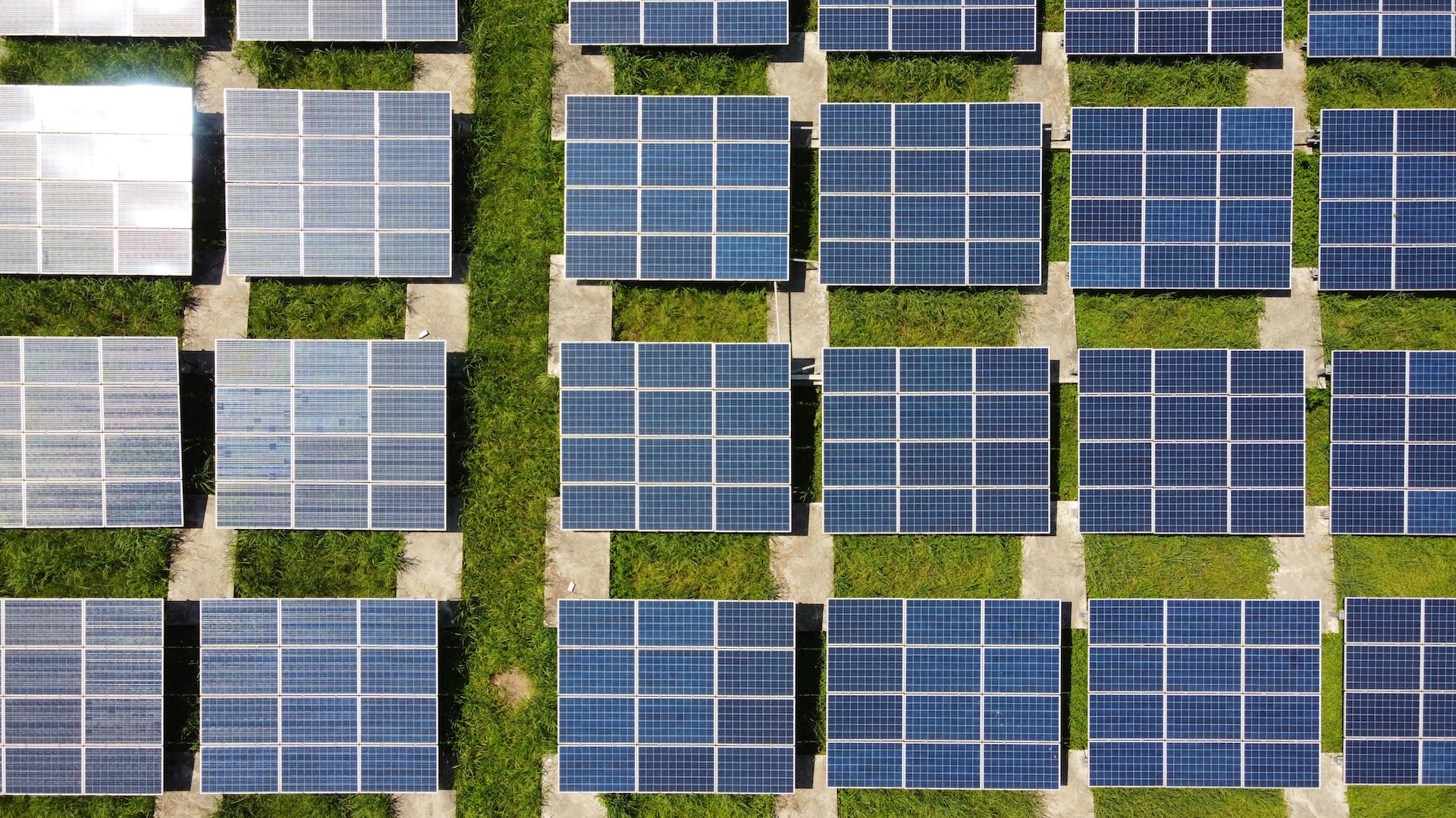It is true that the mining and manufacturing of solar energy systems does create carbon emissions. However, if you compare it to other energy options such as coal, solar power has much lower life-cycle greenhouse gas (GHG) emissions per kilowatt hour of electricity produced.
Solar energy uses renewable resources that are infinite, whereas fossil fuels are finite and will eventually run out. This makes solar energy a more sustainable option.
Energy Efficiency
The sun’s light energy is constantly bombarding our planet. The goal of solar power is to turn this abundant energy into electricity. Energy efficiency is the key to solar power’s effectiveness.
There are several factors that can limit the energy efficiency of a solar panel. Some of these include reflection, recombination and the presence of dust or other debris. This can lead to a decrease in the amount of sunlight that reaches the cells and results in lower production. Luckily, these issues are fairly easy to overcome.
Renewable Energy
Solar energy is one of the most renewable sources of power on the planet, and it can be harnessed in all parts of the globe. Unlike fossil fuels, which produce high levels of greenhouse gasses when burned, it’s a clean, abundant and environmentally friendly energy source.
However, solar panels do have a carbon footprint. This is because their production does require the mining of raw materials and the manufacturing process, plus transporting them to their destination. This also applies when calculating their lifespan, and to what extent they can be recycled.

